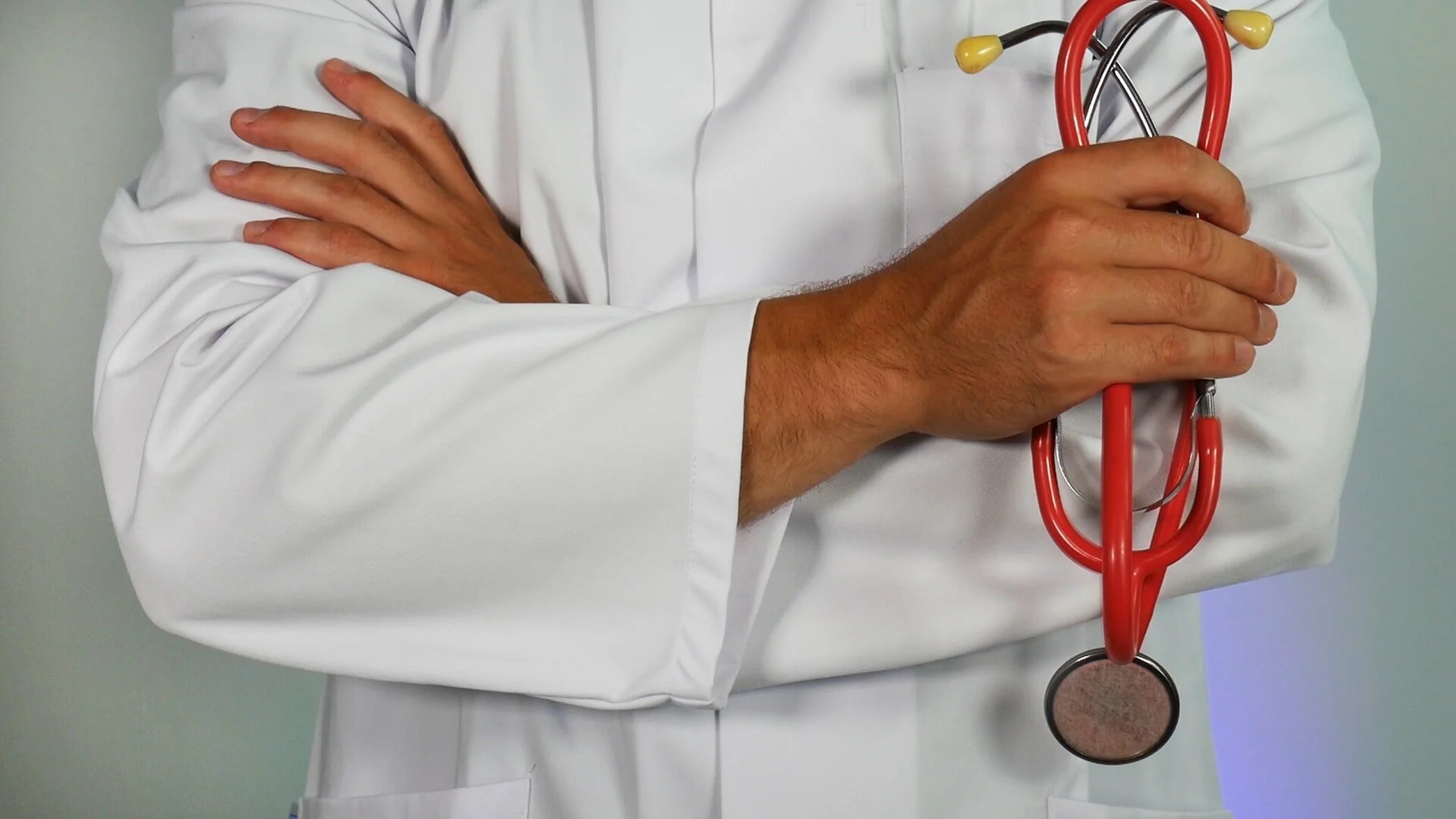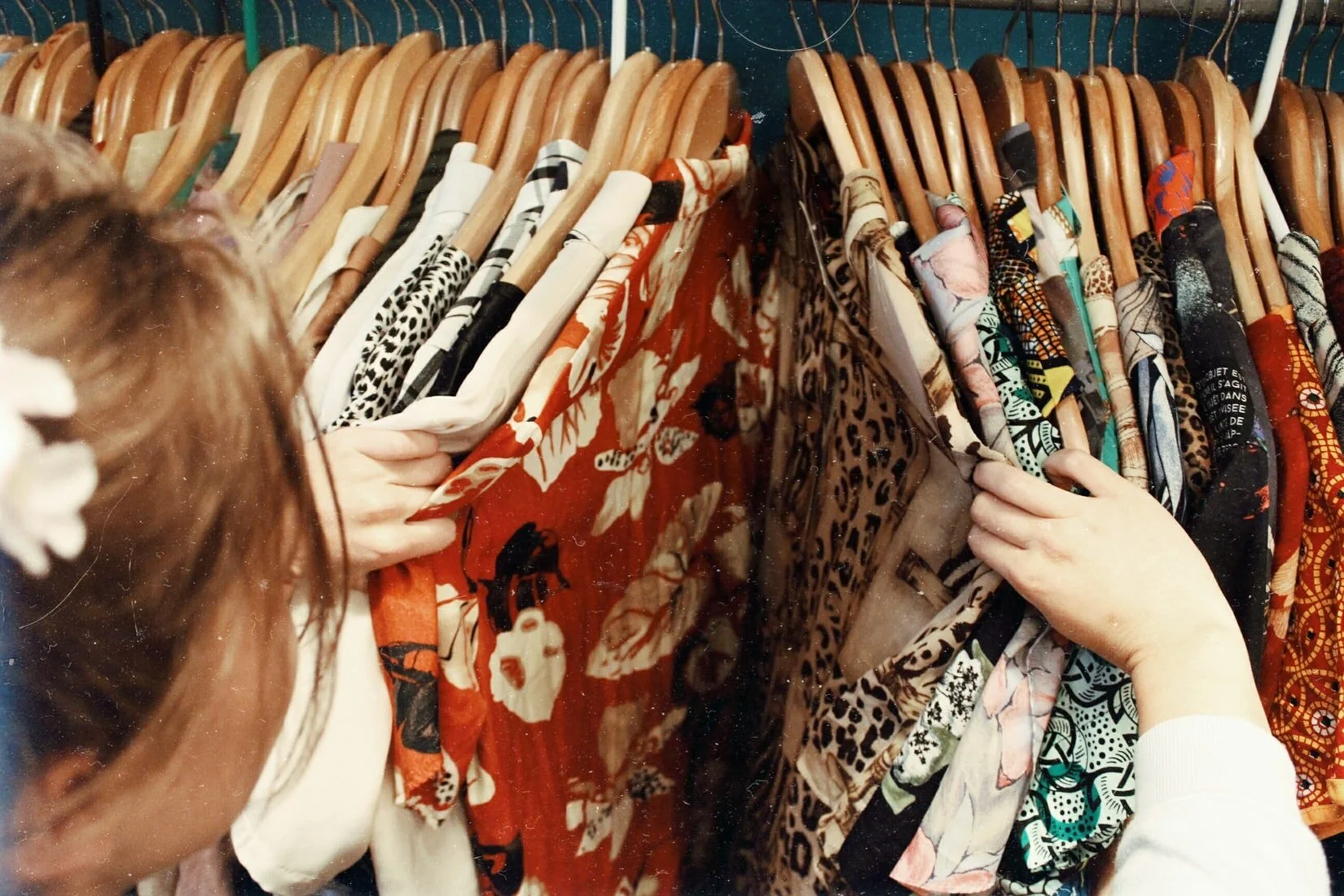Why Do Health Professionals Prioritise Medicalised Fatphobia Over Eating Disorder Recovery?
TRIGGER WARNING: EATING DISORDERS
As a child I was bigger. The same goes for when I was a teenager. Even now as a fully grown woman. I’ve always been heavier, fatter than those in my age range – and my doctors made sure that at no point in my life did I ever forget that. Weight, fatness, and BMI (that old bullshit chestnut) seemingly plays an extensive part in how you’re treated by doctors – both in terms of bedside manner, and literal treatment.
Much like any other person with an eating disorder, I kept close tabs on my weight from a very young age. And thanks to my GP, my BMI became another number I focused on, too. It seemed as if every appointment I attended, whether I had a chest infection or needed my pill prescription renewed, my BMI mattered to them. It was regularly weaponised – “If you stay at this weight, we’re going to refuse your prescription next time”, and was seen as the reason for all my problems – ah yes, that chronic back pain caused by being in a car accident at 18 definitely has everything to do with my weight. I’ve been prescribed weight loss as a medical treatment more times than I can count. I was prescribed more exercise when I needed stronger painkillers. I was told to “get motivated” and go on a diet when in reality, my thyroid levels were dangerously low. This is a regular occurrence for fat people. People often choose not to go to their doctor out of fear for fat shaming. People’s conditions deteriorate and they go without the medication they need because they worry about their GP’s judgement and dismissal of their symptoms. Medicalised fatphobia is a real thing – and it kills. It’s dangerous across the board, regardless of illness or condition, but what I’m referring to right now is eating disorders.
I was diagnosed with bulimia nervosa at 23. I was 13 the first time I *thought* I might possibly have an eating disorder. And looking back, I was way younger than that when my first experience with eating disorders actually reared its ugly head. I went to my doctor for help on more than one occasion through the years, and yet it took more than a decade later for a doctor to listen to me for long enough, and with enough care, that I was finally referred for treatment. Why did it take so long? Because my weight (and/or BMI) was never low enough for a doctor to even consider that I had an eating disorder, nor was an eating disorder seen as a bad thing for someone who “could do with losing a few pounds.” Basically, I was fat, so there was no way I could possibly have an eating disorder. At least, that’s what they thought.
The reality of it is that eating disorders are a form of mental illness. However, due to their often physical manifestations (weight loss, for example), combined with the idea that people with eating disorders only look a certain way – a white, thin, cis, teenage girl – more people suffering from eating disorders are overlooked than those who are actually treated for it. That means that, when a patient goes to see their local health professional, there’s a pretty high chance that if their BMI isn’t low enough, they’ll be turned away. On more than one occasion, I’d asked my doctor for help – even after losing a worryingly large amount of weight in a short space of time, I was told my BMI was still too high, and his hands were tied. He even recommended I lose some more weight, then return at a later date. “Perhaps you might feel better in yourself being a bit lighter” was one of the ‘helpful’ comments he turned me away with. Of course, my disorder continued to spiral, and I went without treatment once again, relying on only myself to pull myself out of it and force myself into recovery.
My question is if eating disorders are a mental health issue, then why do doctors continue to look only at the physical symptoms and disregard the rest? I know a lot of people will be quick to jump in and say not all doctors, or, my doctor was brilliant, or even, perhaps you were just unlucky! – it’s really important to recognise that this wasn’t just my continued experience, but it is in fact a large number of people’s continued experience. Some people never receive treatment because doctors continue to turn them away. Some people never receive treatment simply because they’re too scared to go back and face their doctor again. (Remember, there requires a very different level of courage to ask for help with a mental illness than there is to ask your doctor for help with a cough.) To put it simply, medicalised fatphobia takes priority over the recovery of a patient suffering with a mental illness, simply because of the number on a scale or the size of their body. By doing so, it sets a precedent that fat people are not only not worthy of treatment for a serious mental health issue, but the potential risks that they could suffer from one-day-but-not-right-now ultimately, pardon the pun, outweighs the severity of the illness that they are experiencing there and then. It tells fat people that the only cure to their problems is becoming, well, not fat, and that they and their bodies are the problem. At the other end of the scale, treatment is more easily accessible to patients, because – in addition to the same behaviours and general symptoms – they weigh less, and have a lower more at risk body mass index. The thing that many general practitioners seem to forget, though, is that when it comes to an eating disorder (or any other mental illness for that matter) everyone is at risk.
I was very, very lucky that I had a GP different to my usual one on the day that I went in and asked for help. I had Beat on my side, who had assured me that they’d support me if I was denied access to treatment again, and for the first time, my weight (which ironically was the highest it had ever been) didn’t stop me from receiving the help I needed. My treatment concluded just over 18 months ago, and even now, there’s no such thing as the perfect picture of recovery. It ebbs and flows, just like for everyone else, but I sometimes find myself resentful on harder days. I wonder if it would be this hard if I’d received help the first time round, rather than my body being both the victim and the culprit (at least according to my doctor). Deep down, I know it’d probably be equally as hard, because recovery is truly an uphill battle for everyone who is on this kind of journey. But looking back, sometimes I think that one of the hardest parts of recovery was fighting to finally be given a chance to have access to it.
Want to support The Unedit and the work that we do? Buy us a coffee.







